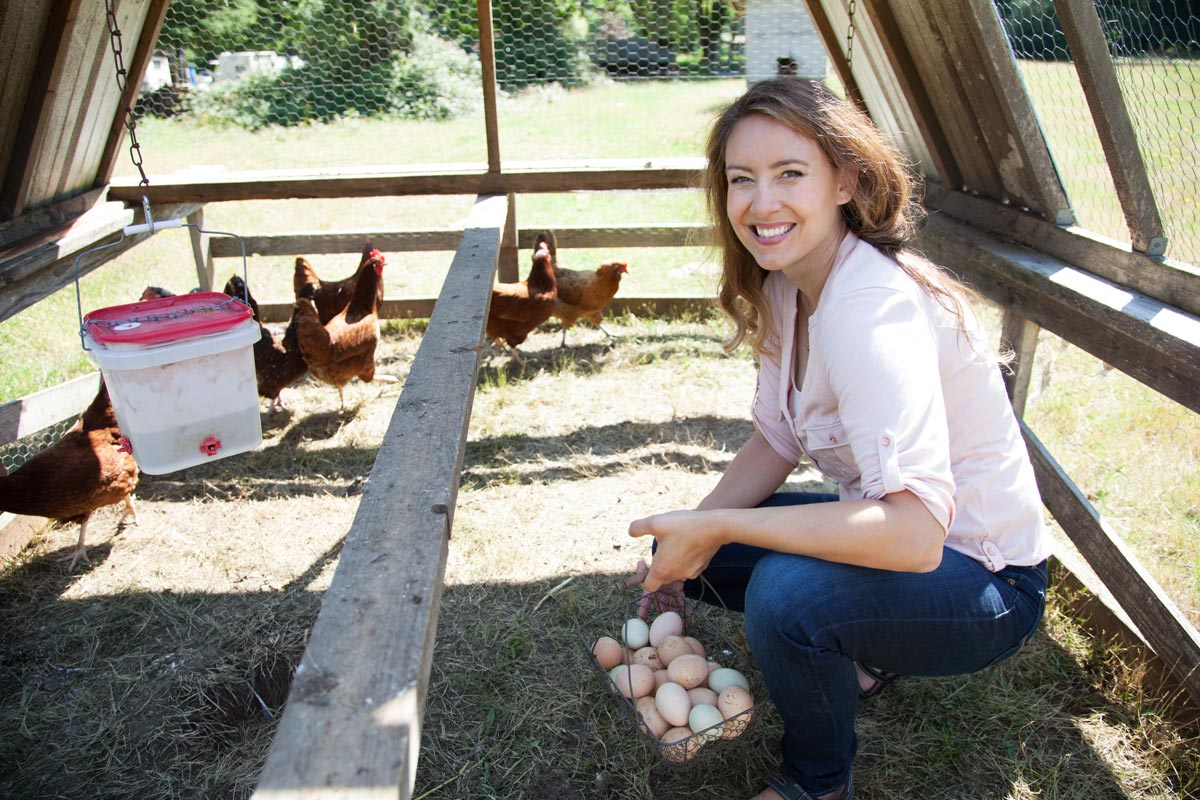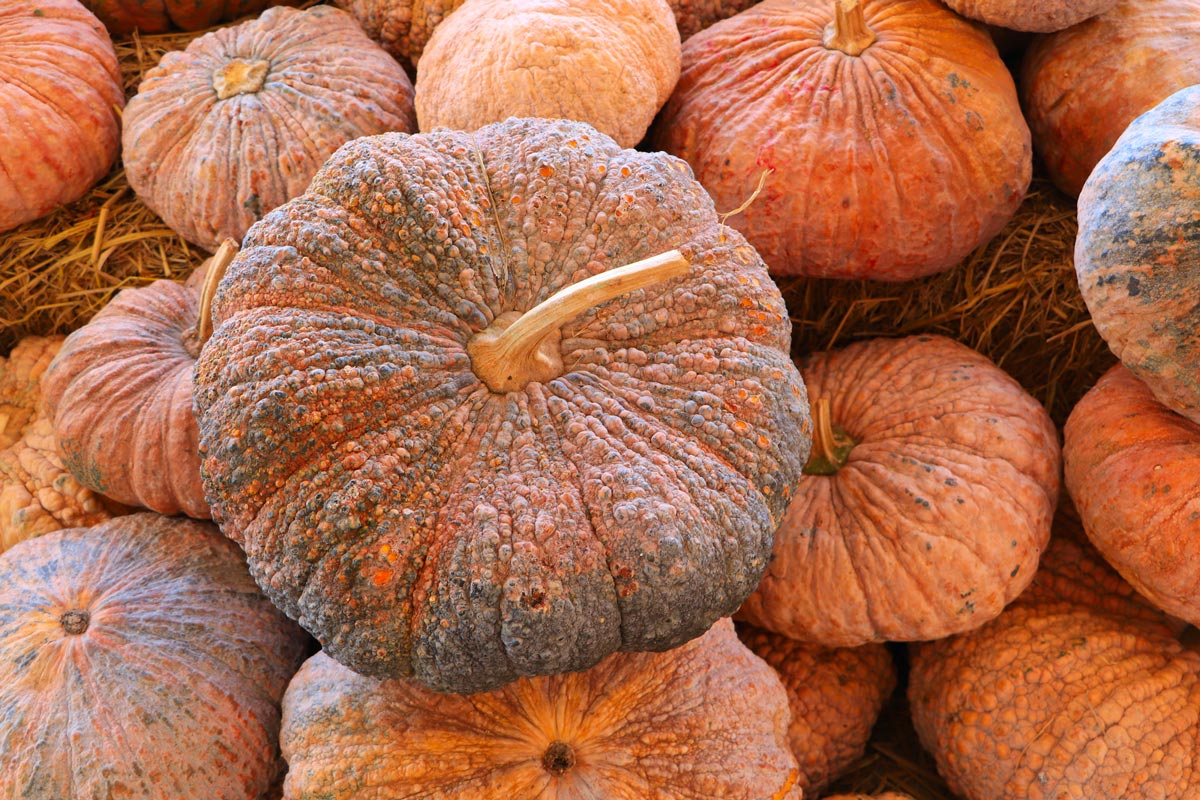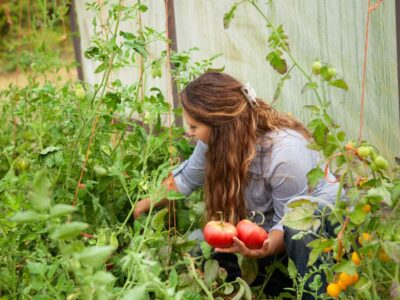Raising chickens for farm fresh eggs is oftentimes the first step on the homesteading journey. Learn how to properly handle, store and preserve eggs to last you all year long, even when your chickens aren’t laying during the winter months.
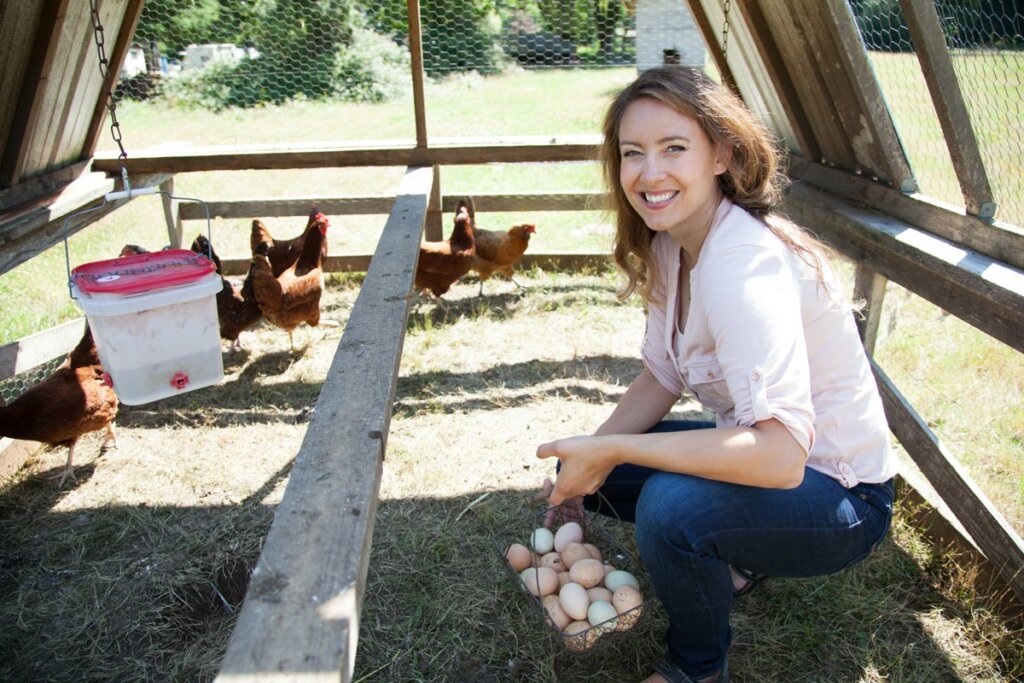
In today’s episode of the Pioneering Today Podcast (episode #310), I’m sitting down with Lisa Steele who has long been my mentor for all things pertaining to raising backyard chickens.
🍞 Struggling With Sourdough?
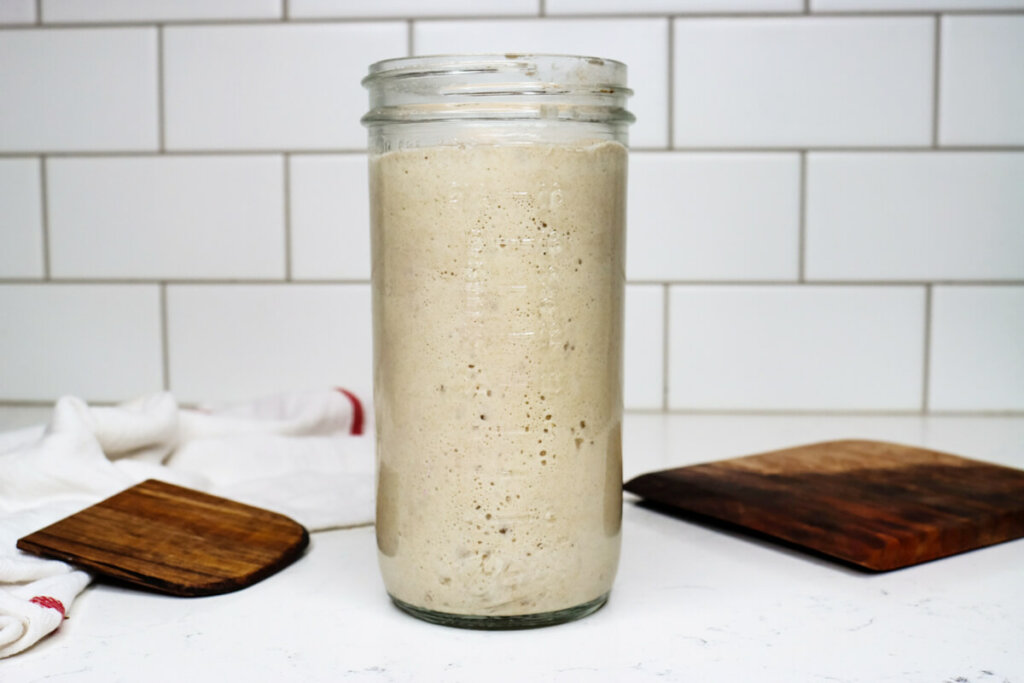
If your starter won’t take off, your loaves are dense and hard, or sourdough just flat-out overwhelms you…
👉 I’ll show you how to fix all of it.
Join my FREE workshop and learn how to make a bubbly, active starter—the right way, from Day One.
Lisa is an author, 5th generation chicken keeper, master gardener, “coop-to-kitchen” cook, and host of the award winning TV show “Welcome to My Farm”. Lisa has made appearances on earlier Pioneering Today Podcasts to teach us about using chickens in the garden and how to raise ducks for eggs.
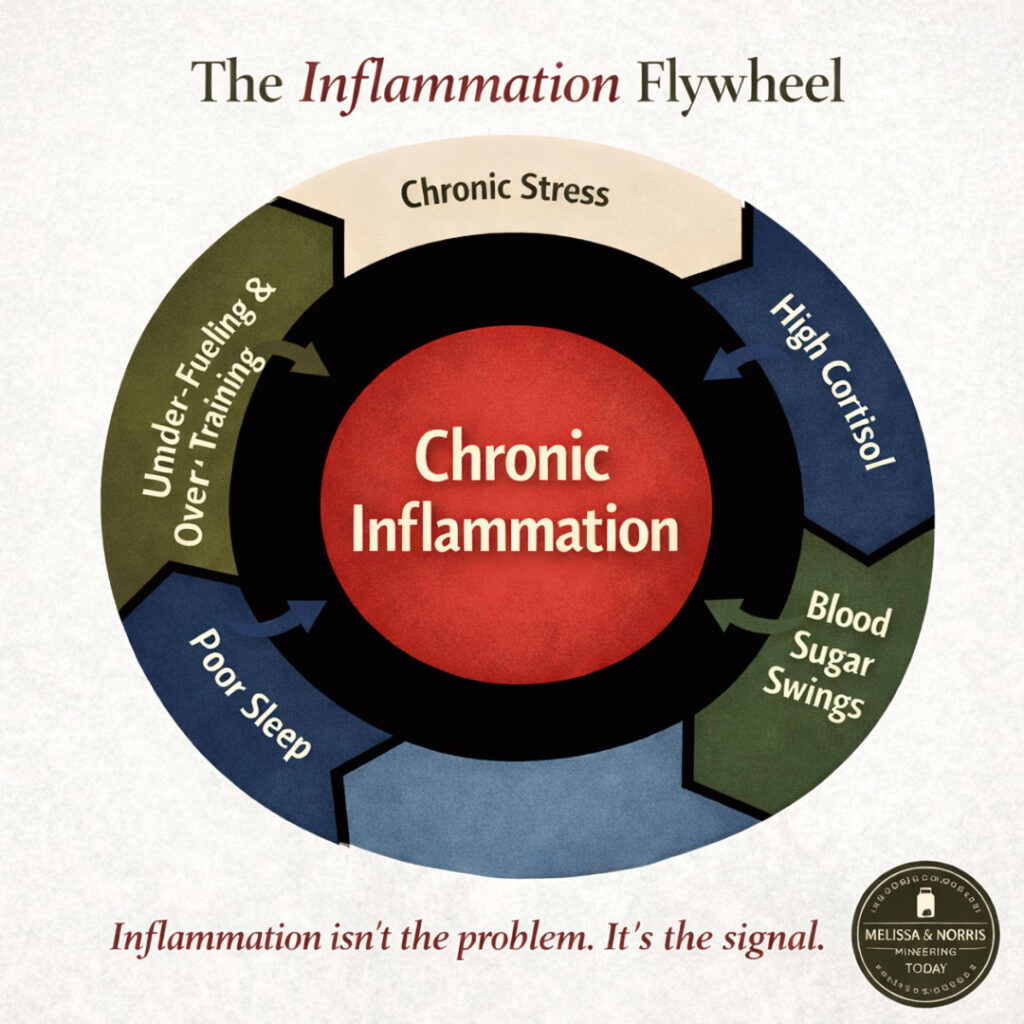
The Hidden Cycle Keeping You Inflamed
If you’ve been feeling puffy, tired, achy, or wired-but-tired, this two-page guide will help you understand what may be happening behind the scenes — even if you’re eating “healthy.”
Download the Inflammation Flywheel Guide and learn:
- Where to start so you don’t feel overwhelmed
- The 5 most common drivers that keep inflammation switched on
- Why blood sugar swings, stress, and poor sleep feed each other
Lisa is also working on a new egg cookbook publishing 02/15/2022. In the meantime, you can find her blog, TV show, and other books at fresheggsdaily.com.
I am delighted she has agreed to return to discuss how to encourage our chickens’ natural production of eggs by preserving excess eggs in the seasonal months to have eggs in food storage during the off-season. Using her methods of natural egg production, storage, and preservation, you will never have to buy eggs from the store again.
Before diving right into egg preservation, let’s cover some basic farm fresh egg handling 101.
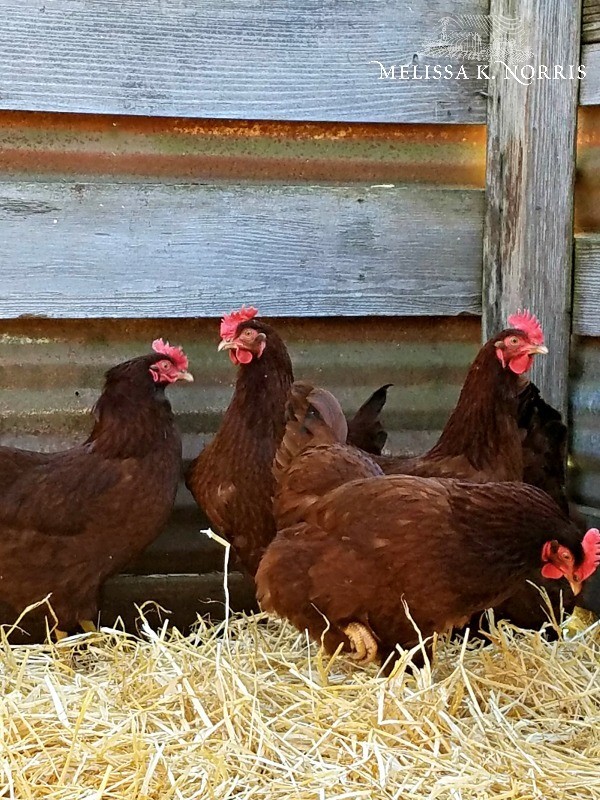
Table of Contents[Hide][Show]
Using Artificial Light
Many people recommend artificial lighting to keep up egg production during the winter months, but this can be hard on the hens and affect their overall health and lifespan.
Alternatively, I work with the progressions of the seasons to allow the hens to produce eggs in their natural cycles. As a result, our homestead has high egg production in the spring (AKA eggs coming out of our ears), with low and sometimes no production in the winter.
A critical homesteading skill is to learn which foods are seasonal, and some may be surprised to learn that eggs are seasonal too!
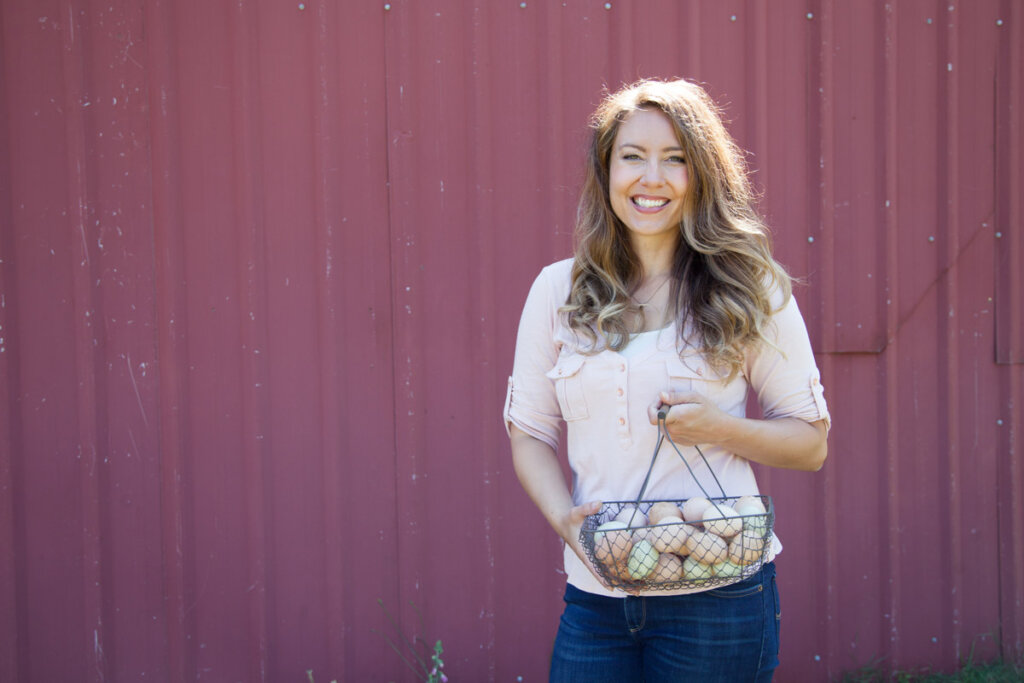
How long do farm fresh eggs last?
First and foremost, do not wash your eggs or even wipe off your eggs until you are ready to use them. During the egg laying process, the outermost layer developed right before the egg is laid is called the bloom. The bloom is a layer of protein that seals the porous shell protecting it from bacteria making the egg shelf stable without the need for refrigeration.
Unwashed eggs will last for 2-3 weeks at room temperature, but if you refrigerate unwashed eggs, they can last for up to 3-5 months.
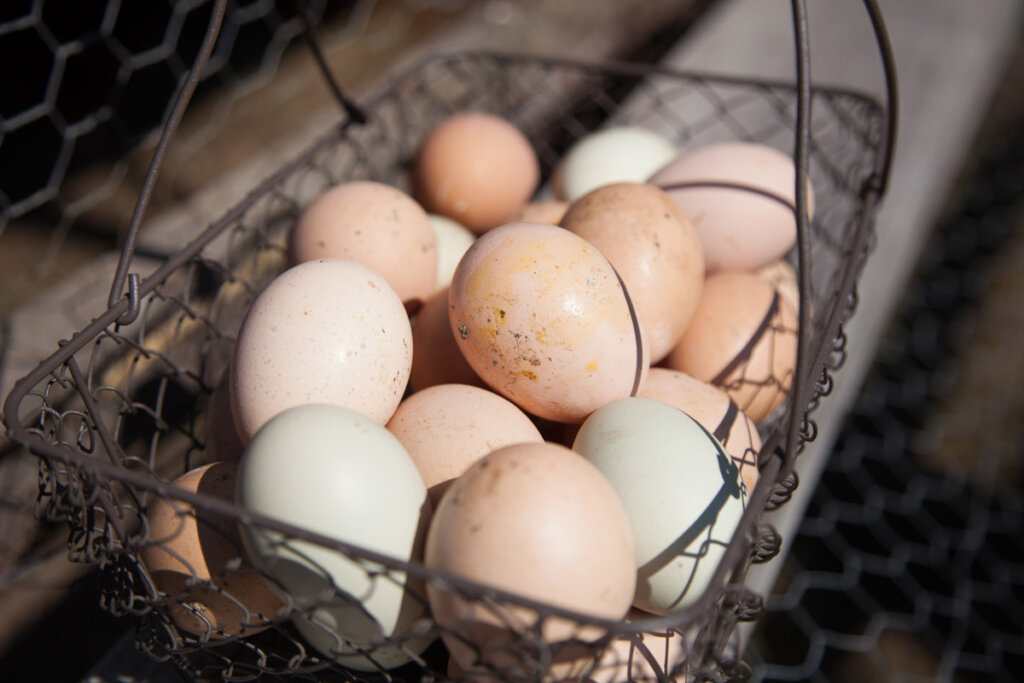
How to Store Fresh Eggs
Storing eggs organized in a system where you can mark the dates they were collected is recommended. If you are not comfortable storing (or don’t want to look at) unwashed eggs in the open air in your fridge, you can place them in egg cartons which are an easy way to mark the dates and keep track of when they were collected.
If you have eggs on a larger scale and have access to a root cellar, this is really the most ideal set up.
What is the best practice for washing eggs?
There are times when hens will lay their eggs outside of the nesting box, and let’s be honest, times that we don’t always have pristine nesting boxes resulting in some dirty eggs. While it’s tempting to wash these, keep in mind that you are compromising the integrity of the protective bloom, and the egg won’t stay fresh as long.
The best practice for preserving eggs is to store them in your cold storage or refrigerator dirty, and then wash eggs right before you use them. Egg cleaning couldn’t be simpler. Just dip them in warm water, pull them out, and set them on a clean towel on the counter. After sitting a few minutes, use the clean towel to wipe clean.
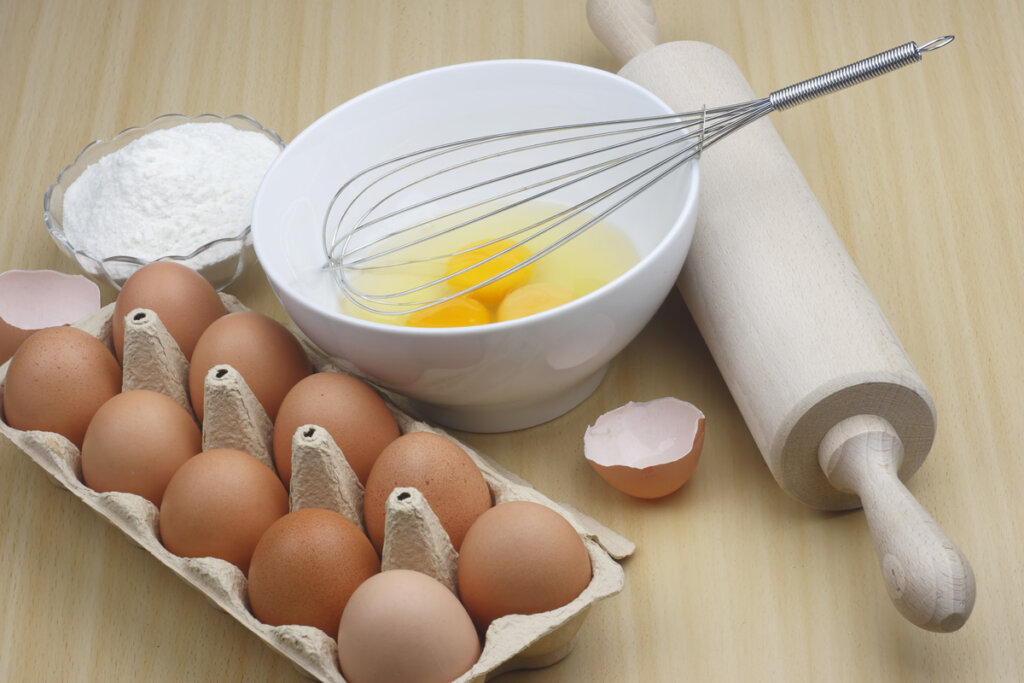
How can I tell if an egg has gone bad?
You can always tell if an egg is safe to eat by the smell. However, you aren’t always ready to cook with the eggs when you are checking for freshness.
Filling up a bowl of water, and placing the egg into the water to see if it floats will tell you if your eggs are getting old. Fresh eggs will sink to the bottom of the bowl.
The older the egg gets, the more air will get inside the shell, causing it to start to float.
The downside to this method is that when you place your egg into the water, you will remove the bloom.
If you don’t want to commit to using the egg in the near future you can alternately listen to the egg. Simply hold an egg up to your ear, and shake it. If you hear the egg sloshing around, that means air has gotten inside of the egg, and the egg is pretty old.
Can I preserve eggs from the supermarket?
Store bought eggs are already 3-4 weeks old, and not recommended for preservation. They should always be used within the best by date marked on the package.
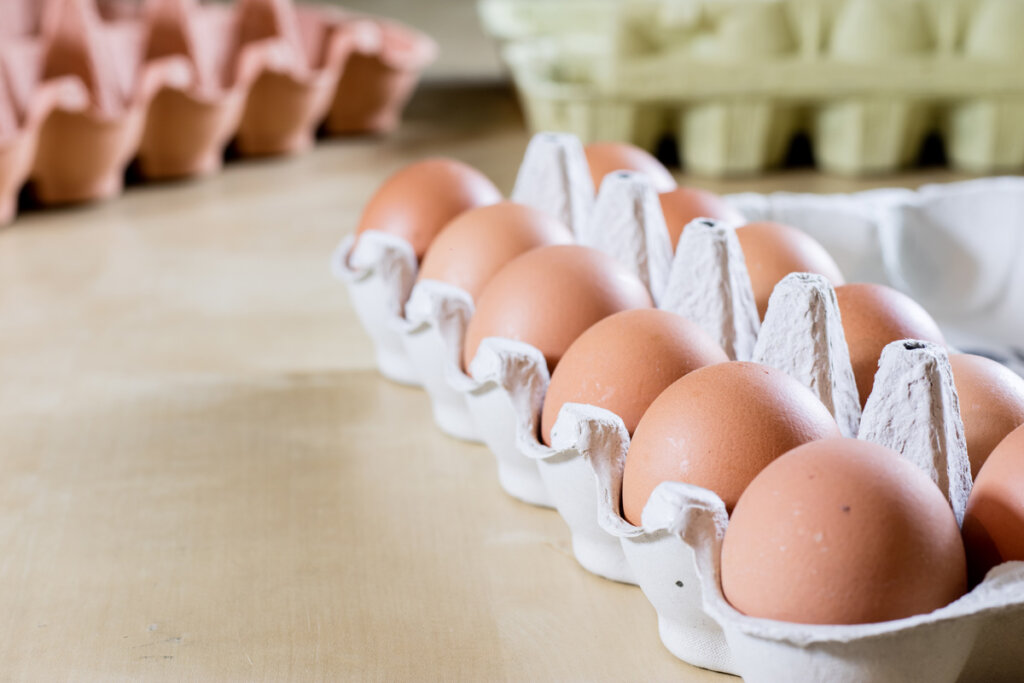
What preserving methods are used for chicken eggs?
Common egg preservation methods are:
- Cold Storage
- Freezing
- French Preserving Method
- Water Glassing
- Pickling Eggs
- Salt Curing
- Freeze Drying
Cold Storage
As noted above, properly stored eggs can potentially last from the month egg production slows down (usually in late October) to the month where egg production picks up again (usually sometime in February).
Freezing
This is the method I use most often. Frozen eggs are great for scrambled eggs and baking, but not for frying, poaching, or anytime the egg white and egg yolk need to stay separate.
Never freeze the egg inside the shell. Prior to freezing, you must incorporate the yolk and white together by whisking, and add a sprinkle of salt. Otherwise, the thawed yolks will leave a rubbery texture that no matter how intent you are on whisking them, will not incorporate into what you are cooking. (Ask me how I know…)
After the fresh eggs are whisked and have a pinch of salt added, they can be frozen in ice cube trays, silicone molds, or anything you have handy.
Using ice cube trays and silicone molds works well to keep the amount of egg frozen in individual measurements. Each egg is about three tablespoons, so if you don’t know how many eggs you have frozen, you can just use three tablespoons for the recipe.
French Preserving Method
The French preservation method uses whole unwashed eggs that are covered in beeswax and then buried in salt. This requires a lot of salt, but the salt does not make the eggs salty because they are still in the shell.
Lisa tried this method at one point, and unfortunately, had to move in the process. The eggs couldn’t come with her, so she never got to see how they turned out.
She would like to try this again, though, as eggs should be preserved for up to two years using this method. There is a similar technique using mineral oil instead of beeswax, but since eggs are porous, both Lisa and I are not comfortable using mineral oil on a food product.
Water Glassing
This method stores unwashed eggs in a bucket submerged under a solution of water and pickling lime (or slaked lime).
From a food preserving standpoint, there isn’t a lot of research done to say whether or not this is safe. Neither Lisa nor I have used this method, but Carolyn Thomas with Homesteading Family has had great success water glassing eggs for long-term storage and it’s just one of the methods in her The Abundant Pantry: Preserving Eggs class.
Pickling Eggs
This method uses hard boiled eggs submerged in pickling brine, and kept in cold storage only. The vinegar in the brine cannot penetrate eggs evenly to reach the proper acidity level pH of 4.6 or lower leaving them prone to developing botulism at room temperature.
Never attempt to can pickled eggs. Pickled eggs last a decent amount of time in cold storage for up to 3-4 months, so there isn’t much need to can them anyway.
Salt Curing
Salt curing eggs is a process where you remove the yolk from the white, and just the yolks are preserved by nestling on a baking sheet, covering with salt, and drying.
In our opinion, this method is not recommended, as it renders an extremely salty product, a strange texture, is time-intensive, and not particularly frugal. But it’s worth mentioning as the methods of egg preservation have evolved over the years.
Freeze Drying
Freeze-dried eggs have many advantages. Since the moisture is removed, they take up a bit less storage space. The eggs retain more of their nutritional value and can store between 5-10 years.
The downside is that a freeze dryer is a large investment and usually isn’t a top priority over other investments on the homestead.
Want to learn more about preserving eggs? One of my best friends, Carolyn, has a full Egg Preserving Course here.
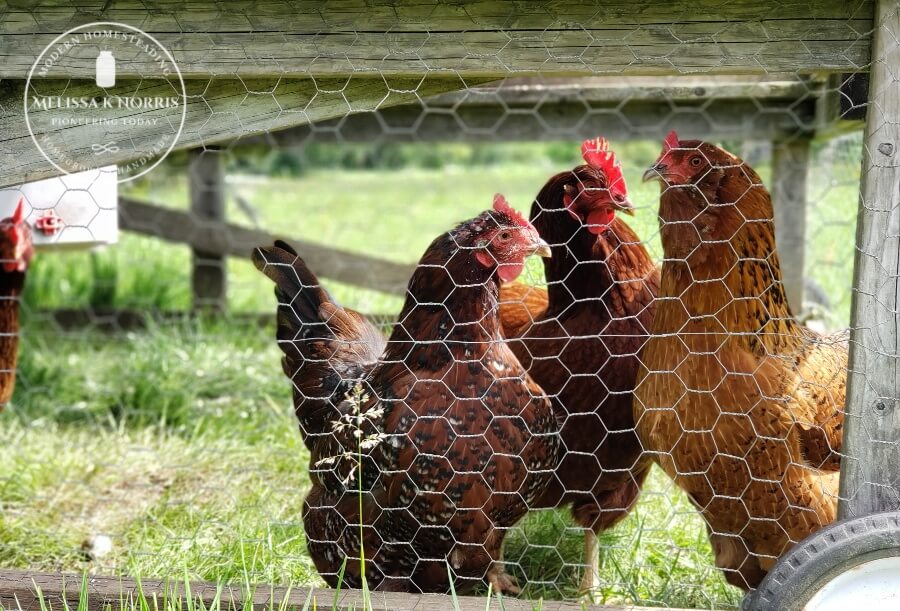
Other Articles on Raising Chickens
- 5 Tips to Raising Backyard Chickens
- Integrating New Chicks into an Existing Flock
- Breeding Chickens Naturally: Selective Breeding for Eggs & Chicks
- Using Chickens in the Garden
- 10 Tips on Raising Chickens for Meat
- Butchering Meat Chickens
- Planning Your Livestock for a Year’s Worth of Meat Per Person
[fusebox_transcript]
